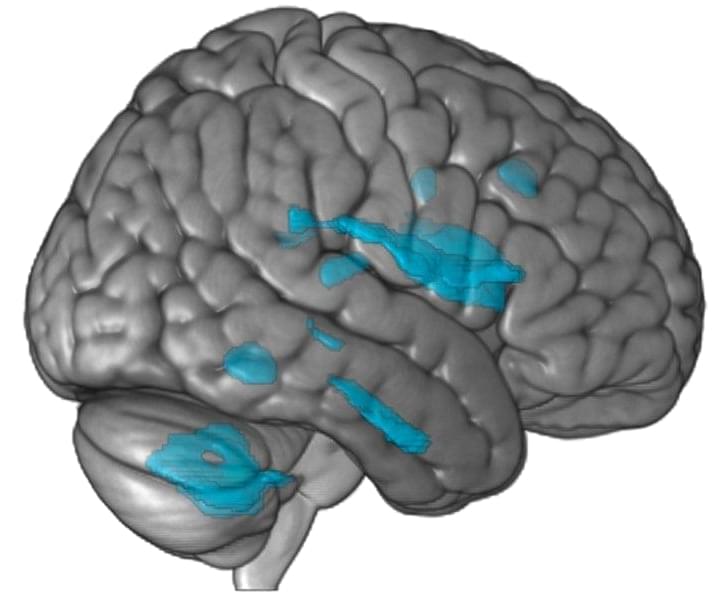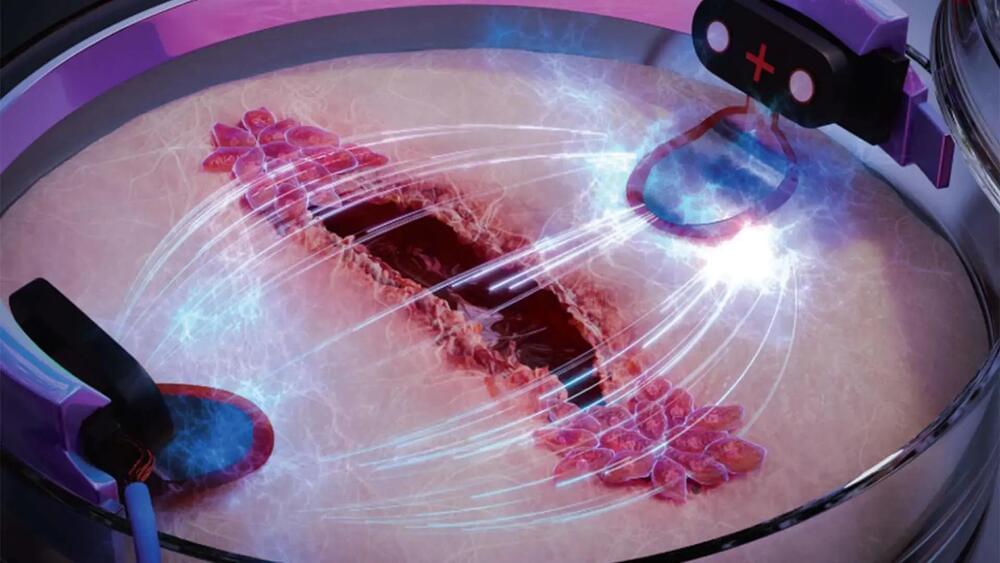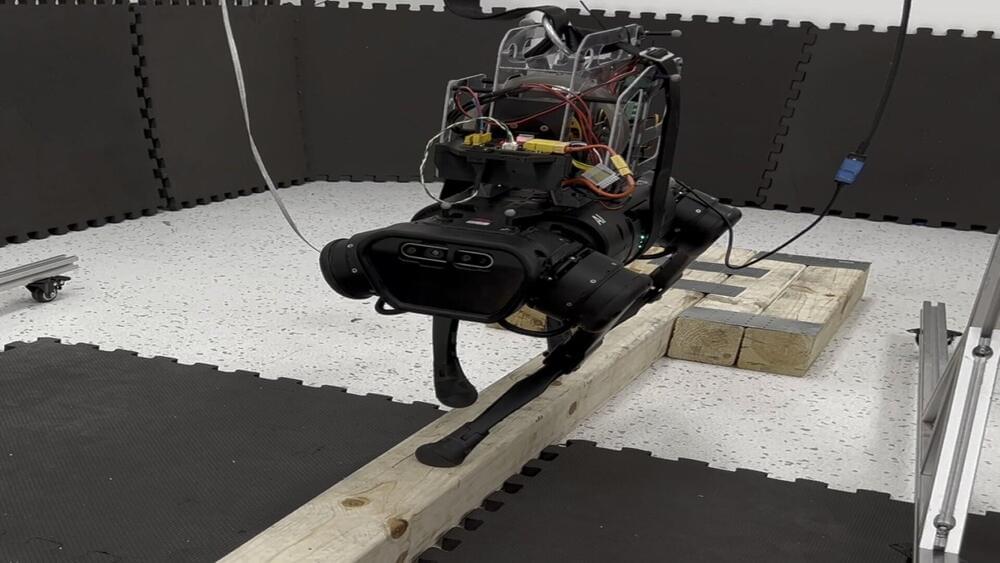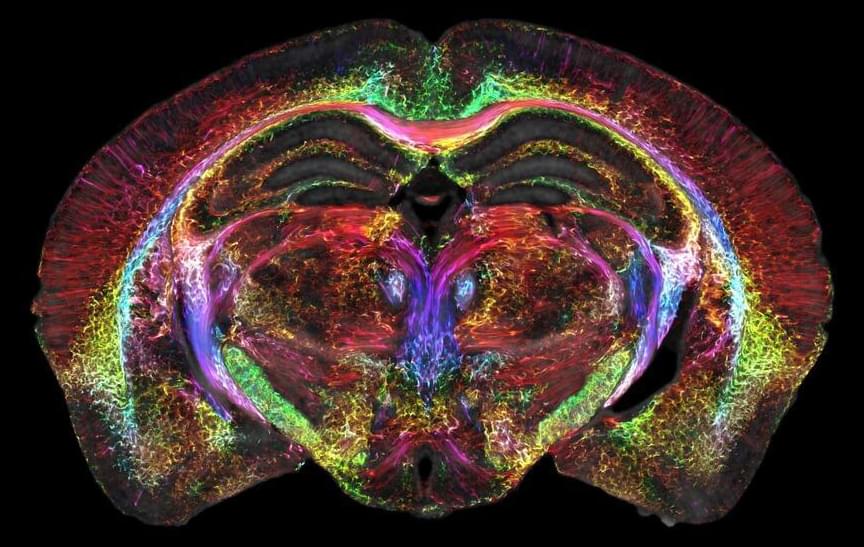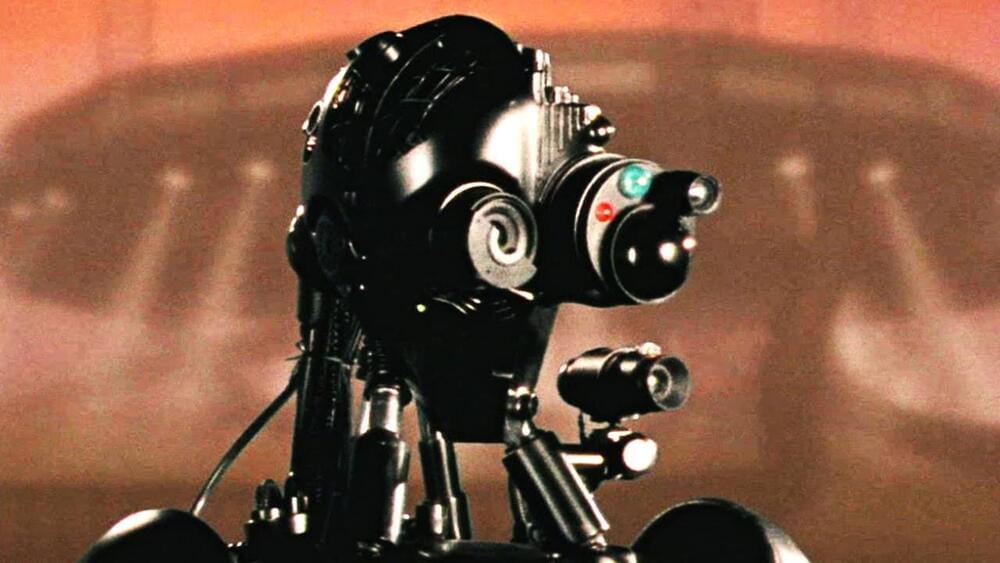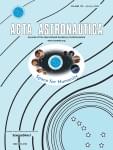Offset your carbon footprint with confidence with Wren–the first 100 people to sign up will have one month of emissions offset for free: https://wren.co/start/isaacarthur.
In order to reach the stars we will need vastly more powerful engines for our spacecraft than modern rockets offer. Fortunately, when it comes to possible ship drives, the sky is not the limit.
Visit our Website: http://www.isaacarthur.net.
Join Nebula: https://go.nebula.tv/isaacarthur.
Support us on Patreon: https://www.patreon.com/IsaacArthur.
Support us on Subscribestar: https://www.subscribestar.com/isaac-arthur.
Facebook Group: https://www.facebook.com/groups/1583992725237264/
Reddit: https://www.reddit.com/r/IsaacArthur/
Twitter: https://twitter.com/Isaac_A_Arthur on Twitter and RT our future content.
SFIA Discord Server: https://discord.gg/53GAShE

